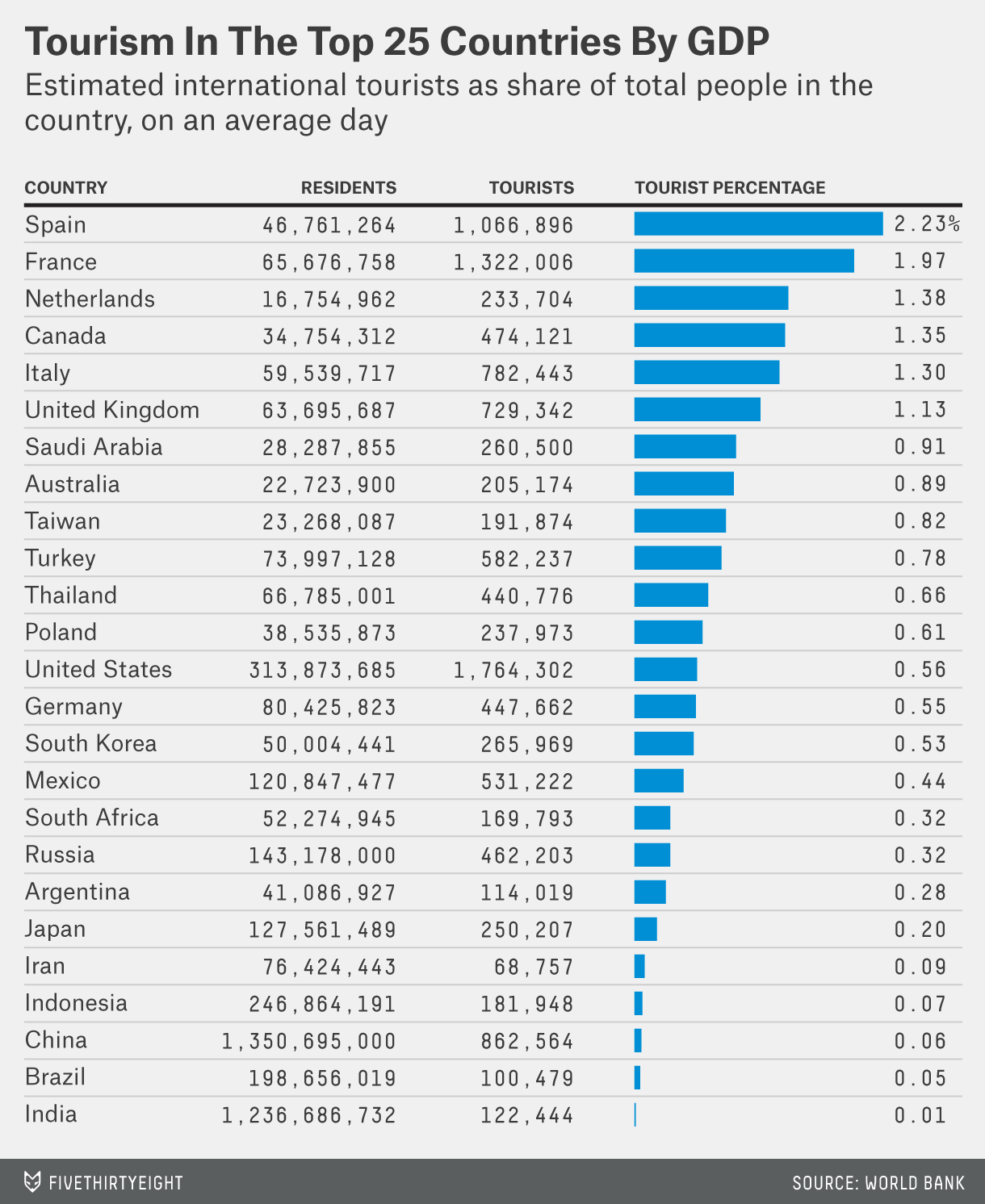Middle Management: An Essential Link In Organizational Effectiveness

Table of Contents
The Bridge Between Leadership and Employees
Middle managers act as a vital conduit, translating the strategic vision of upper management into actionable tasks for frontline employees. They ensure that company goals are understood, interpreted, and implemented effectively at the operational level. This requires exceptional communication skills and a deep understanding of both the overall strategic direction and the daily realities faced by their teams.
- Effective communication and feedback mechanisms: Middle managers must foster open communication channels, ensuring regular feedback flows both upward and downward. This involves actively listening to employee concerns, relaying information clearly, and providing constructive criticism.
- Clear articulation of company vision and goals: Translating complex strategic objectives into clear, understandable tasks for individual teams is paramount. This requires simplifying complex information and ensuring everyone is working towards shared objectives.
- Mentorship and guidance for team members: Effective middle managers act as mentors and guides, supporting the professional development of their team members. This involves providing opportunities for growth, offering constructive feedback, and fostering a supportive learning environment.
- Conflict resolution and team cohesion: Middle managers are often the first point of contact for resolving conflicts within their teams. Their ability to mediate disputes, foster collaboration, and build strong team dynamics is crucial for productivity and morale.
Driving Operational Efficiency and Productivity
Middle managers are responsible for the day-to-day operations of their departments or teams. They oversee resource allocation, monitor performance, and implement strategies to optimize productivity. Their effectiveness directly impacts the efficiency and profitability of the organization.
- Project management and task delegation: Effective middle managers possess strong project management skills, effectively delegating tasks, setting deadlines, and monitoring progress. This involves utilizing appropriate project management methodologies and tools.
- Performance monitoring and evaluation: Regular performance reviews and feedback sessions are crucial. Middle managers must accurately assess individual and team performance, identifying areas for improvement and celebrating successes.
- Process improvement and optimization strategies: Continuously identifying inefficiencies and implementing process improvements is key. This involves analyzing workflows, streamlining operations, and adopting best practices to enhance productivity.
- Resource allocation and budget management: Middle managers are often responsible for managing budgets and allocating resources effectively. This requires careful planning, prioritization, and accountability for resource utilization.
- Identifying and implementing best practices: Staying abreast of industry trends and best practices is crucial. Middle managers should actively seek opportunities to improve processes and enhance team performance.
Fostering Employee Engagement and Development
Highly engaged employees are more productive, creative, and committed. Middle management plays a critical role in fostering employee engagement and development, leading to increased retention and a positive work environment.
- Providing regular feedback and recognition: Regular feedback, both positive and constructive, is essential. Recognizing and rewarding employees' contributions boosts morale and fosters a sense of appreciation.
- Creating a positive and supportive work environment: A positive work environment is conducive to productivity and well-being. Middle managers contribute by fostering open communication, collaboration, and mutual respect.
- Identifying training and development needs: Assessing employees' skills and identifying areas needing improvement is critical. Middle managers should advocate for training and development opportunities to enhance employee capabilities.
- Mentoring and coaching employees for career growth: Providing mentorship and guidance helps employees develop their skills and advance their careers. This involves providing support, guidance, and opportunities for growth.
- Promoting employee well-being and work-life balance: Supporting employees' well-being and promoting a healthy work-life balance is essential for fostering engagement and retention.
Adaptability and Change Management in Middle Management
The ability to adapt to change is crucial for middle managers. They must navigate organizational restructuring, implement new technologies, and guide their teams through transitions smoothly.
- Embracing new technologies and methodologies: Staying current with technological advancements and adopting new methodologies is vital for maintaining competitiveness. Middle managers must champion the adoption of new tools and processes within their teams.
- Strategic planning and adaptation to market changes: Middle managers must contribute to strategic planning and adapt to market changes effectively. This involves analyzing market trends, identifying opportunities, and adjusting strategies accordingly.
- Implementing change management strategies effectively: Introducing change requires careful planning and effective communication. Middle managers must effectively manage the change process, minimizing disruption and ensuring smooth transitions.
- Building resilience and adaptability within teams: Fostering a culture of resilience and adaptability is key to navigating change successfully. Middle managers must empower their teams to embrace change and adapt to new circumstances.
- Promoting innovation and creative problem-solving: Encouraging innovation and creative problem-solving within teams is essential for navigating challenges and adapting to changing environments.
Developing Effective Middle Management Skills
Investing in the training and development of middle managers is crucial for organizational success. Providing opportunities for skill enhancement ensures they possess the necessary tools to excel in their roles.
- Leadership training programs: Leadership training programs equip middle managers with the skills to effectively lead and motivate their teams.
- Communication workshops: Communication workshops enhance their ability to communicate effectively, both verbally and in writing.
- Change management courses: Change management courses prepare them to navigate organizational changes and guide their teams through transitions.
- Strategic planning seminars: Strategic planning seminars equip them with the skills to contribute to the overall strategic direction of the organization.
Conclusion
Effective middle management is undeniably vital to achieving organizational goals. Their ability to bridge the gap between leadership and employees, drive operational efficiency, foster engagement, and adapt to change is paramount. Strong middle management translates to increased productivity, higher employee morale, and ultimately, sustainable organizational success. Invest in developing your middle management teams by providing opportunities for training, mentorship, and professional development. Implement leadership training programs, foster open communication channels, and empower your middle managers to lead with confidence. Strengthening your middle management team is not just an investment; it’s a cornerstone of lasting organizational success and effective leadership development.

Featured Posts
-
 Dealerships Push Back Against Mandatory Electric Vehicle Quotas
Apr 27, 2025
Dealerships Push Back Against Mandatory Electric Vehicle Quotas
Apr 27, 2025 -
 Supporting Canadian Economy Napoleons Commitment To Buy Canadian
Apr 27, 2025
Supporting Canadian Economy Napoleons Commitment To Buy Canadian
Apr 27, 2025 -
 Understanding Teslas Canadian Price Adjustments And Inventory Strategy
Apr 27, 2025
Understanding Teslas Canadian Price Adjustments And Inventory Strategy
Apr 27, 2025 -
 Posthaste How A Canadian Travel Boycott Impacts The Us Economy
Apr 27, 2025
Posthaste How A Canadian Travel Boycott Impacts The Us Economy
Apr 27, 2025 -
 Why Canada Is Winning Tourists A Shift Away From Us Travel
Apr 27, 2025
Why Canada Is Winning Tourists A Shift Away From Us Travel
Apr 27, 2025
